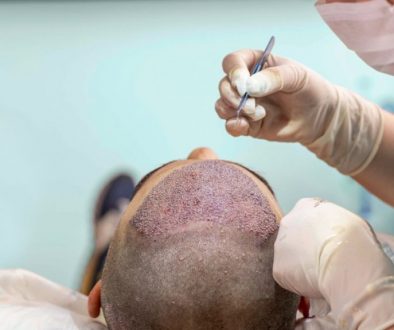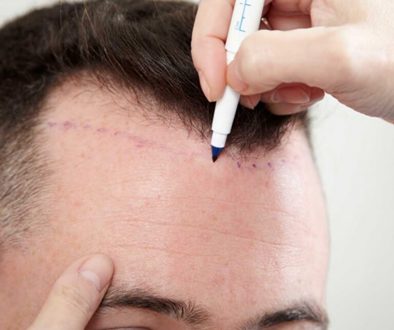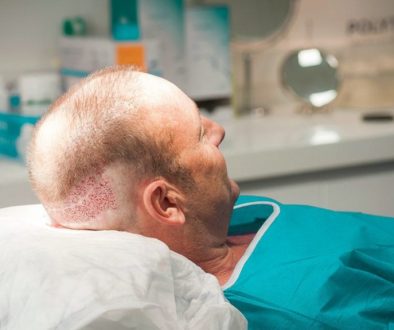Graft Survival and High Density Hair Transplant Procedures
This [tag]hair loss[/tag] question was answered by Dr. Glenn Charles of Florida who is a member of the Coalition of Independent Hair Restoration Physicians. His professional answer is below.
In the past I have been told that a [tag]hair density[/tag] of 50 grafts per cm2 should not compromise graft survival. However, I was wondering if transplanting hair at 55 grafts per cm2 or 65 grafts per cm2 would compromise vascularity or [tag]hair growth[/tag] yield? Are any grafts compromised at all leading up until natural true density?
 The answer really depends on what [tag]hair transplant[/tag] clinic/doctor you go to. Some [tag]hair restoration[/tag] physicians have the capabilities of placing higher numbers of grafts in smaller spaces and still obtaining a high yield percentage. There have been a few recent studies showing very high success in the range of 90-100 FU/cm2.
The answer really depends on what [tag]hair transplant[/tag] clinic/doctor you go to. Some [tag]hair restoration[/tag] physicians have the capabilities of placing higher numbers of grafts in smaller spaces and still obtaining a high yield percentage. There have been a few recent studies showing very high success in the range of 90-100 FU/cm2.
Here is an example of a common dilemma/question. Would you rather have 60 FU/cm2 and get 50 [tag]follicular units[/tag] grow or have 45 FU’s/cm and get 43 follicular units to grow. Most would choose the latter based on the percentages of successful hair growth yield. The bottom line is that there are countless variables that go into the equation, and it will always be a hard decision.
Dr. Glenn Charles, D.O.
—
[tag]Bill Seemiller[/tag]
Managing Publisher
Follow our community on Twitter
Watch hair transplant videos on YouTube




July 8, 2010 @ 5:36 pm
Ron,
I’m a little confused by your question. Normally, when anything is transplanted into the human body, it comes from a foreign source and the body naturally tries to rid itself of it. However, because follicular units are tissues from the same body, the body won’t directly fight the transplant (unless there is some type of infection caused by something else in the area). However, I suppose if a graft is damaged or doesn’t take for some reason, it would simply fall out.
Blake (Future_HT_Doc)
July 3, 2010 @ 1:38 pm
If a transplated follicular unit(s) dies, how does the body rid itself of it?
Thanks,
Ron